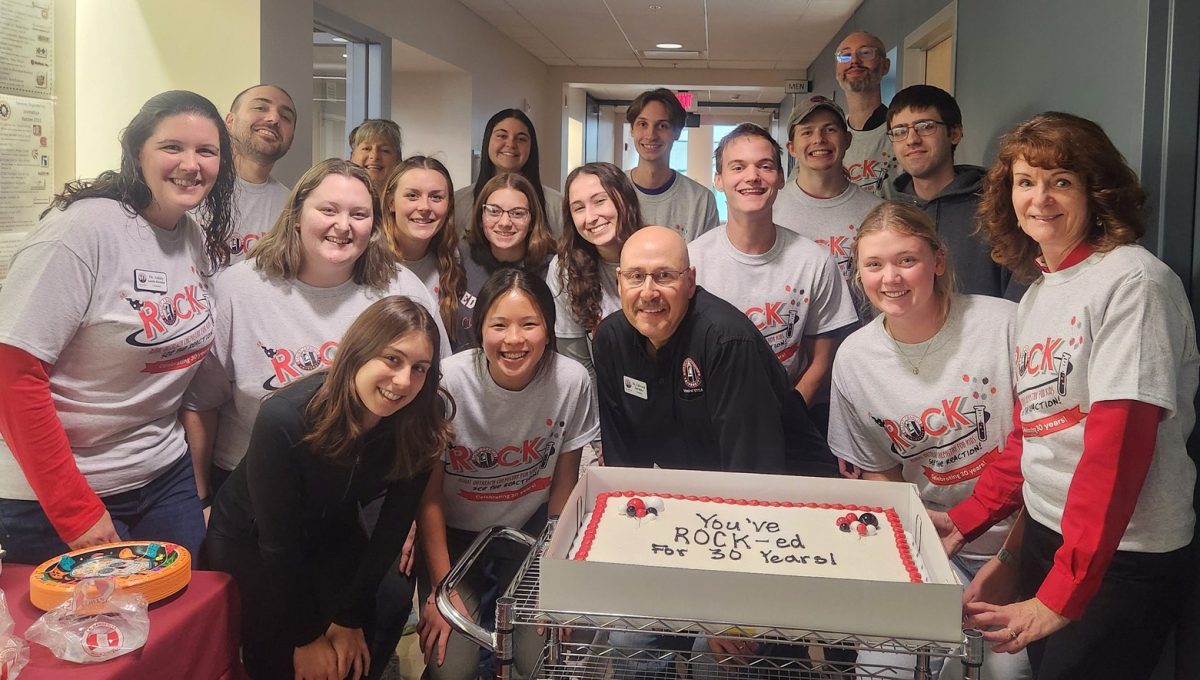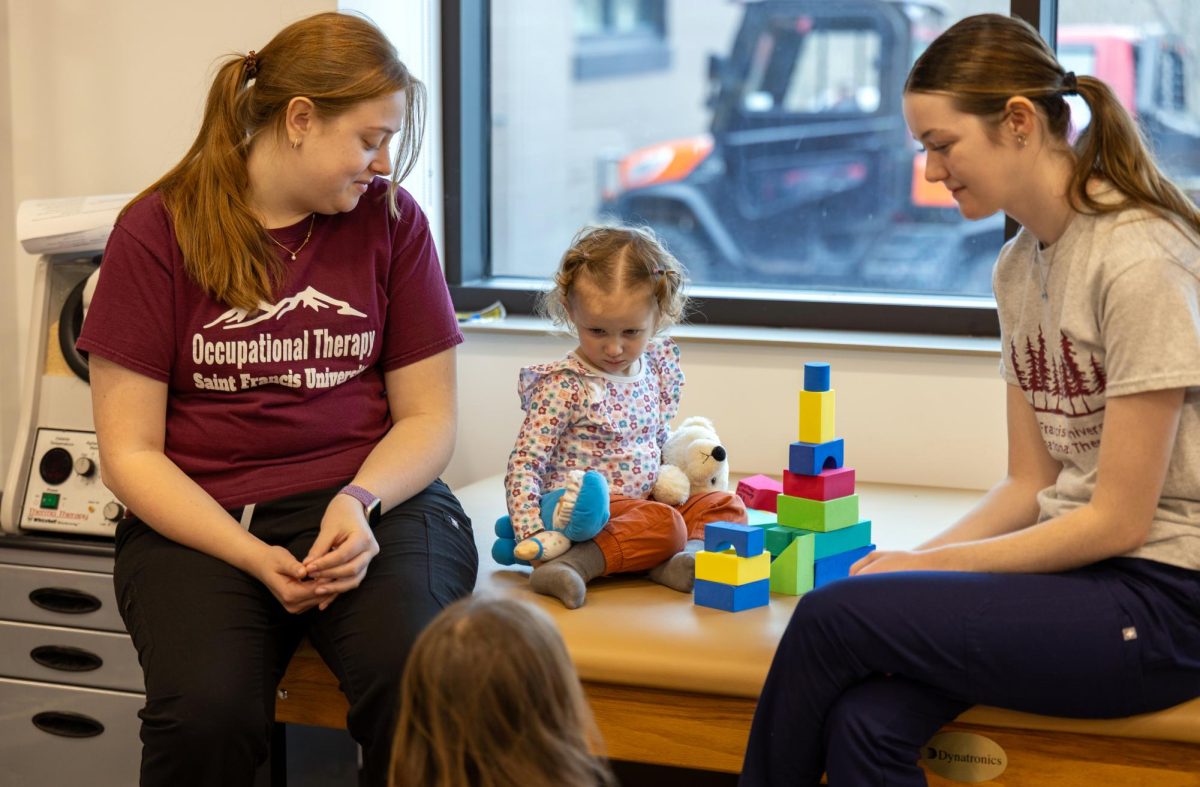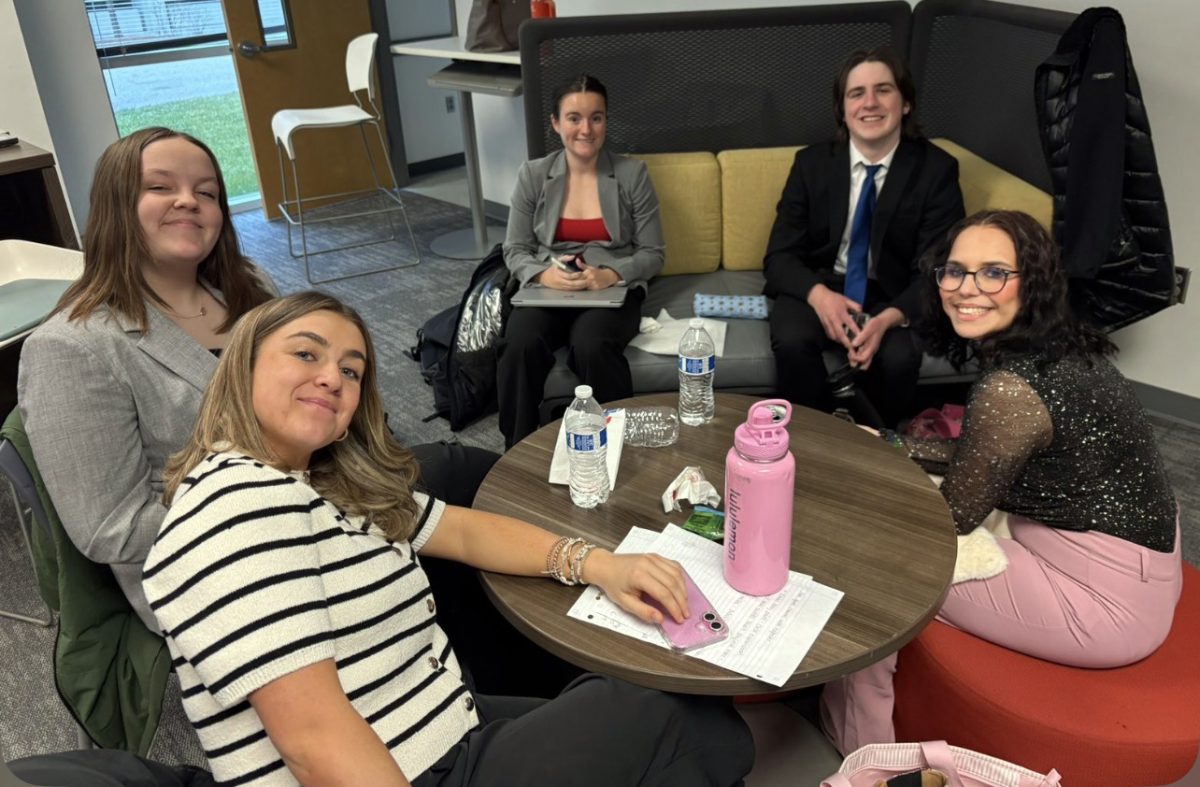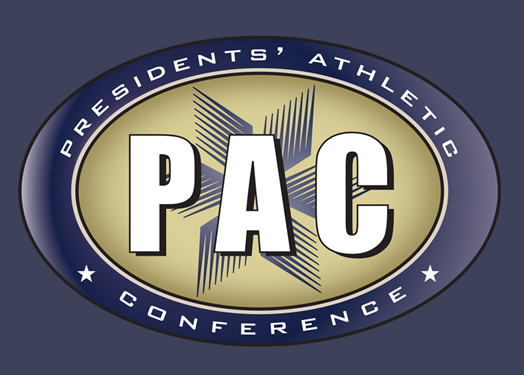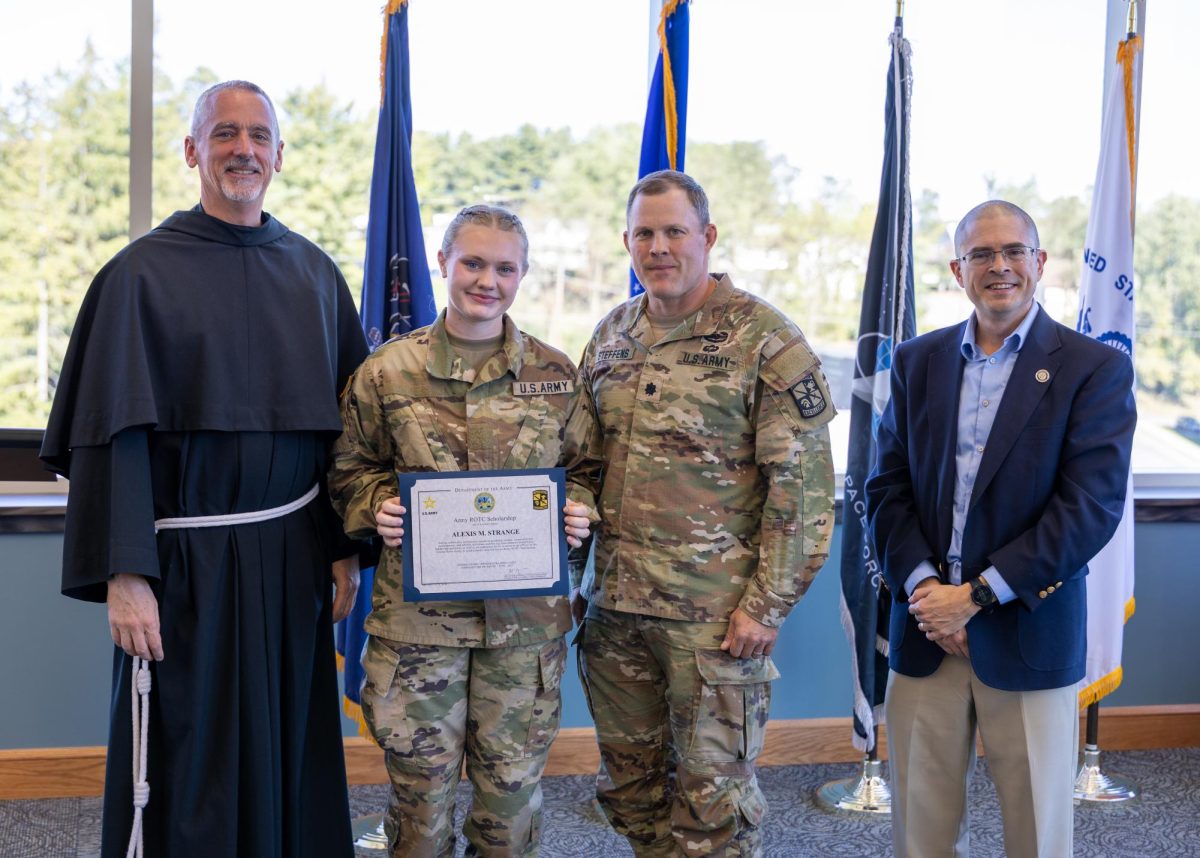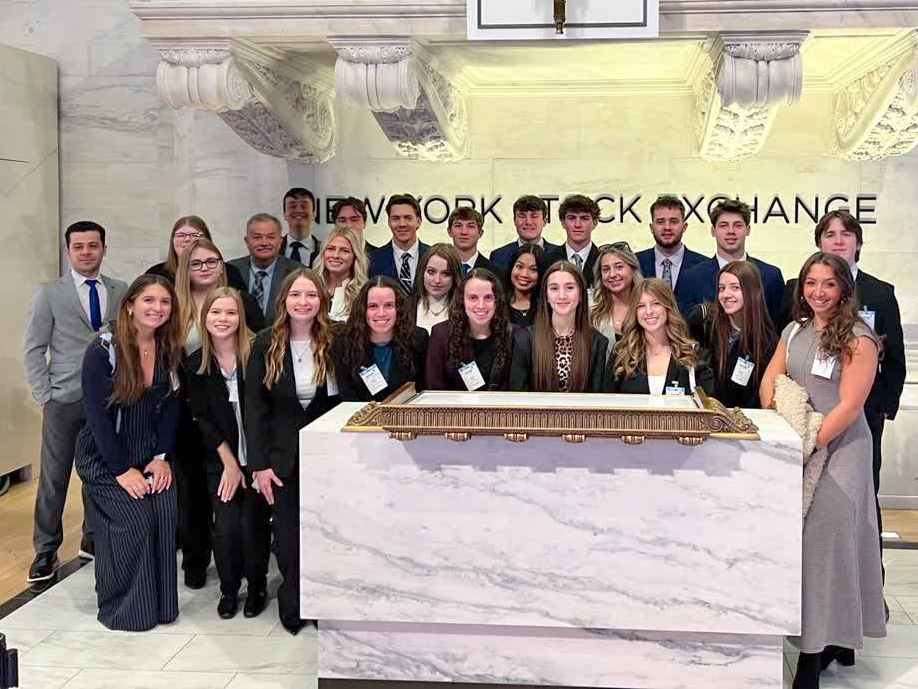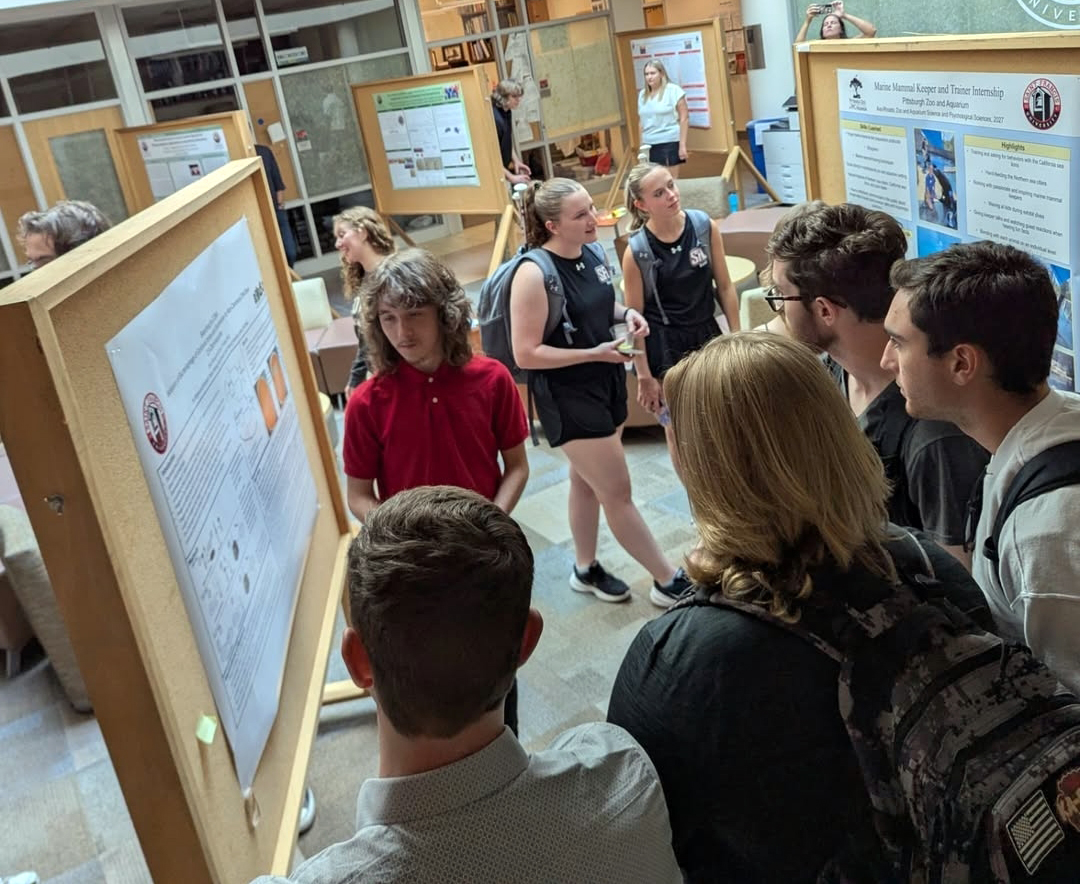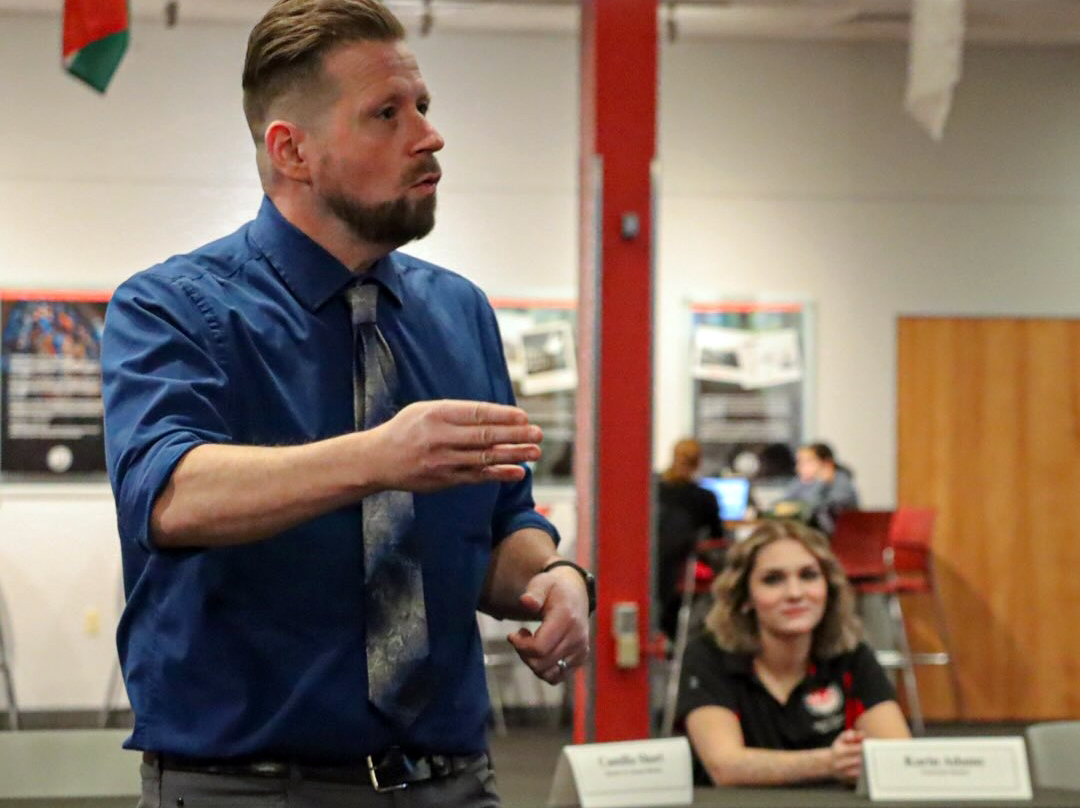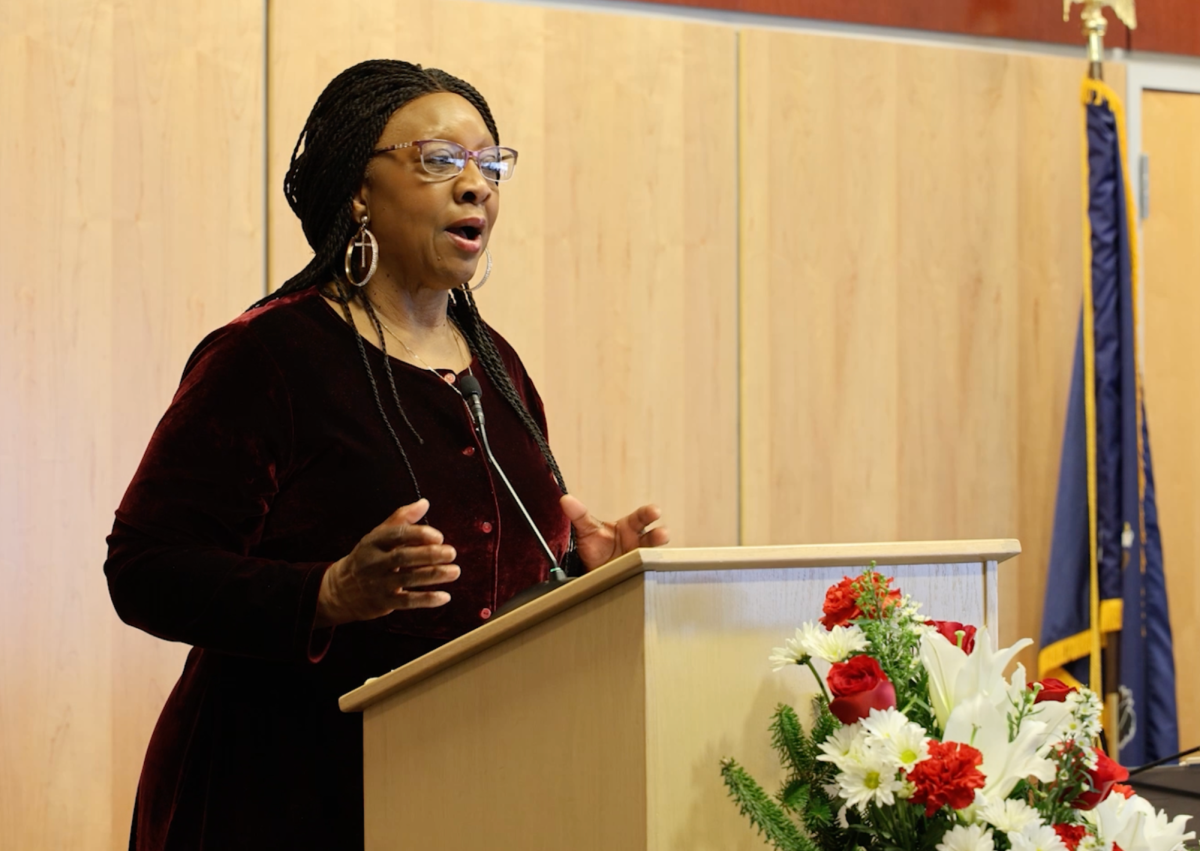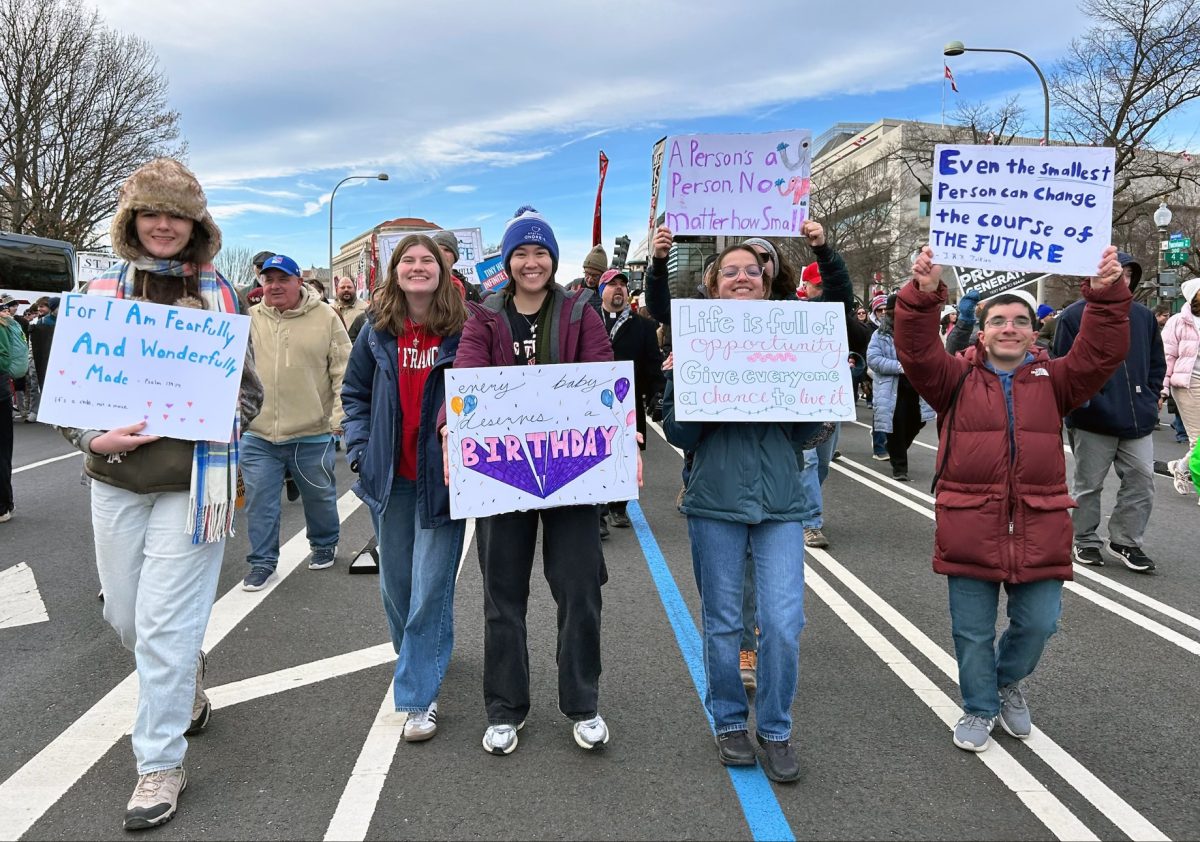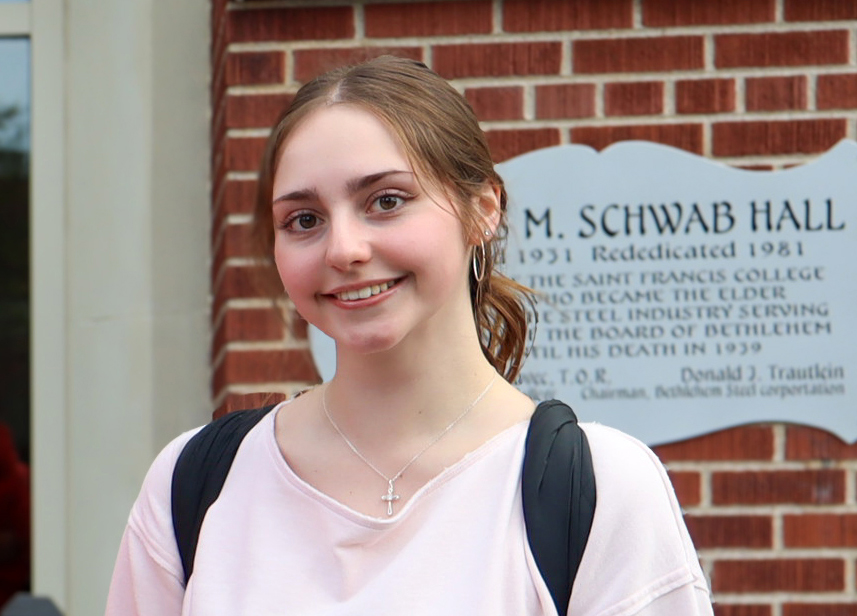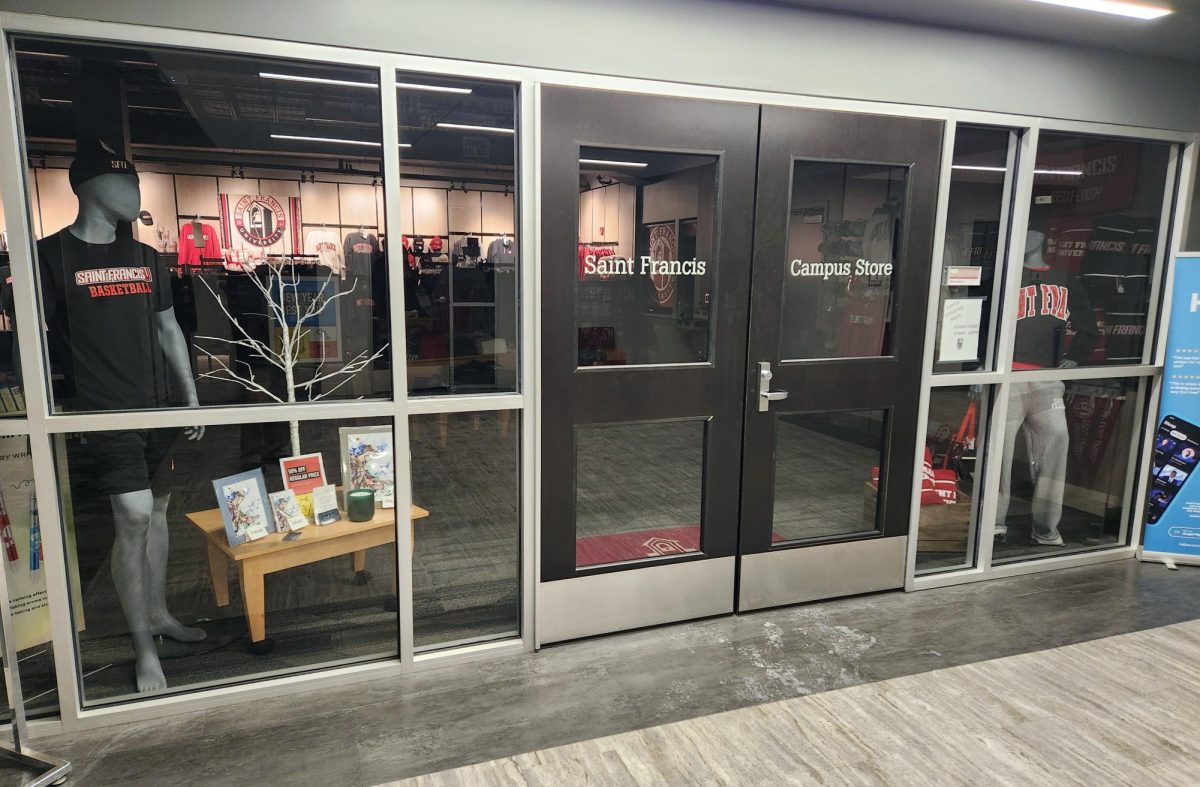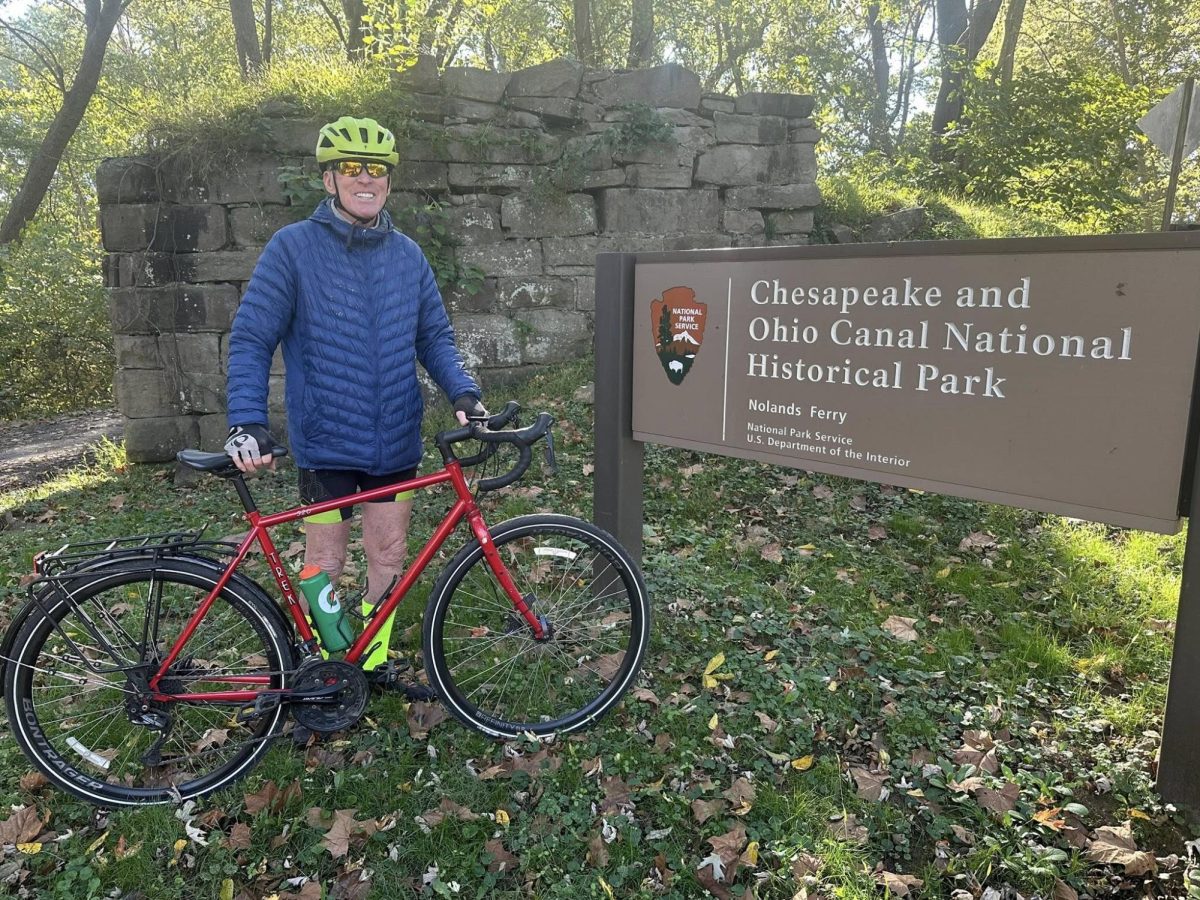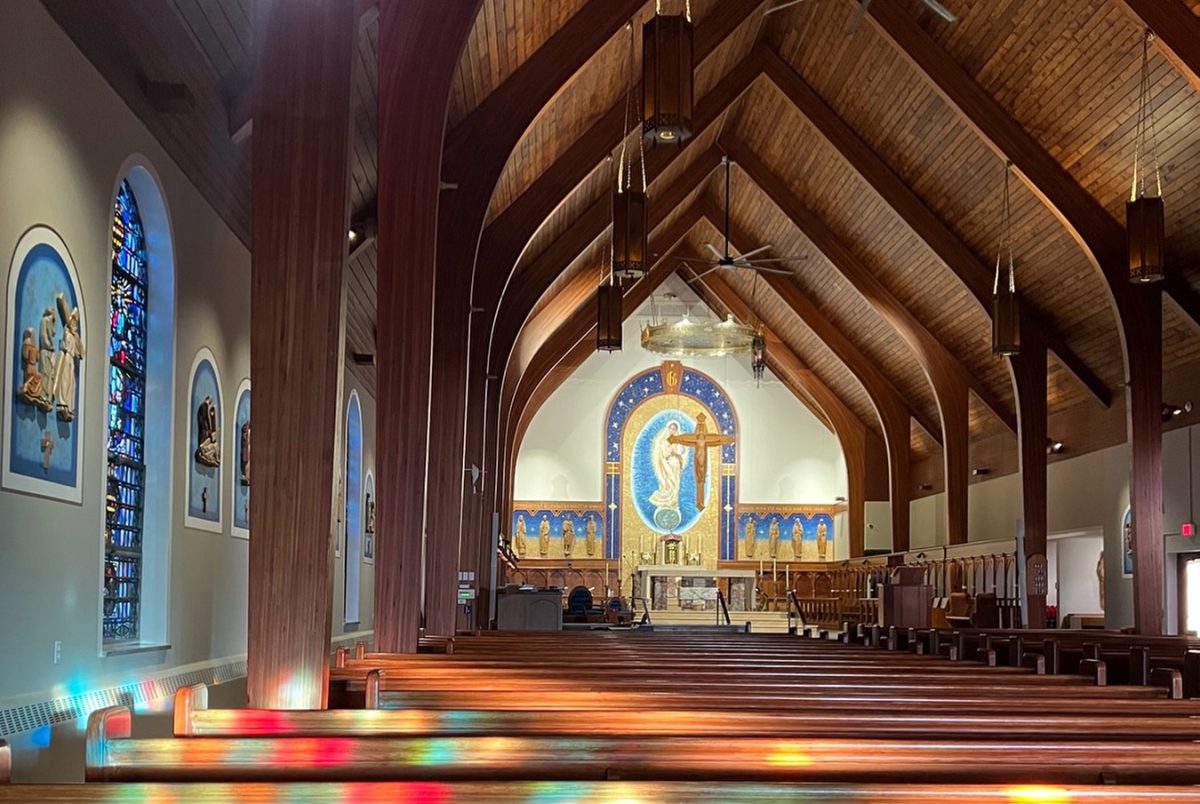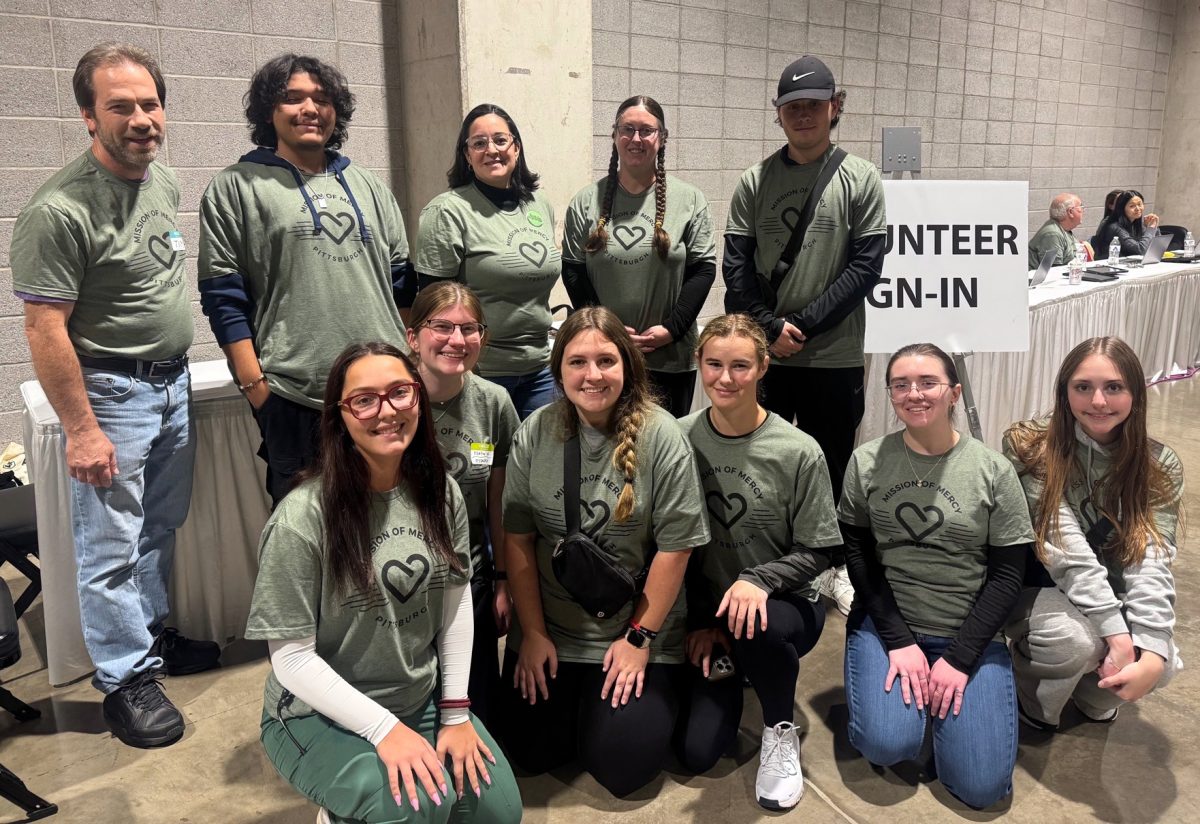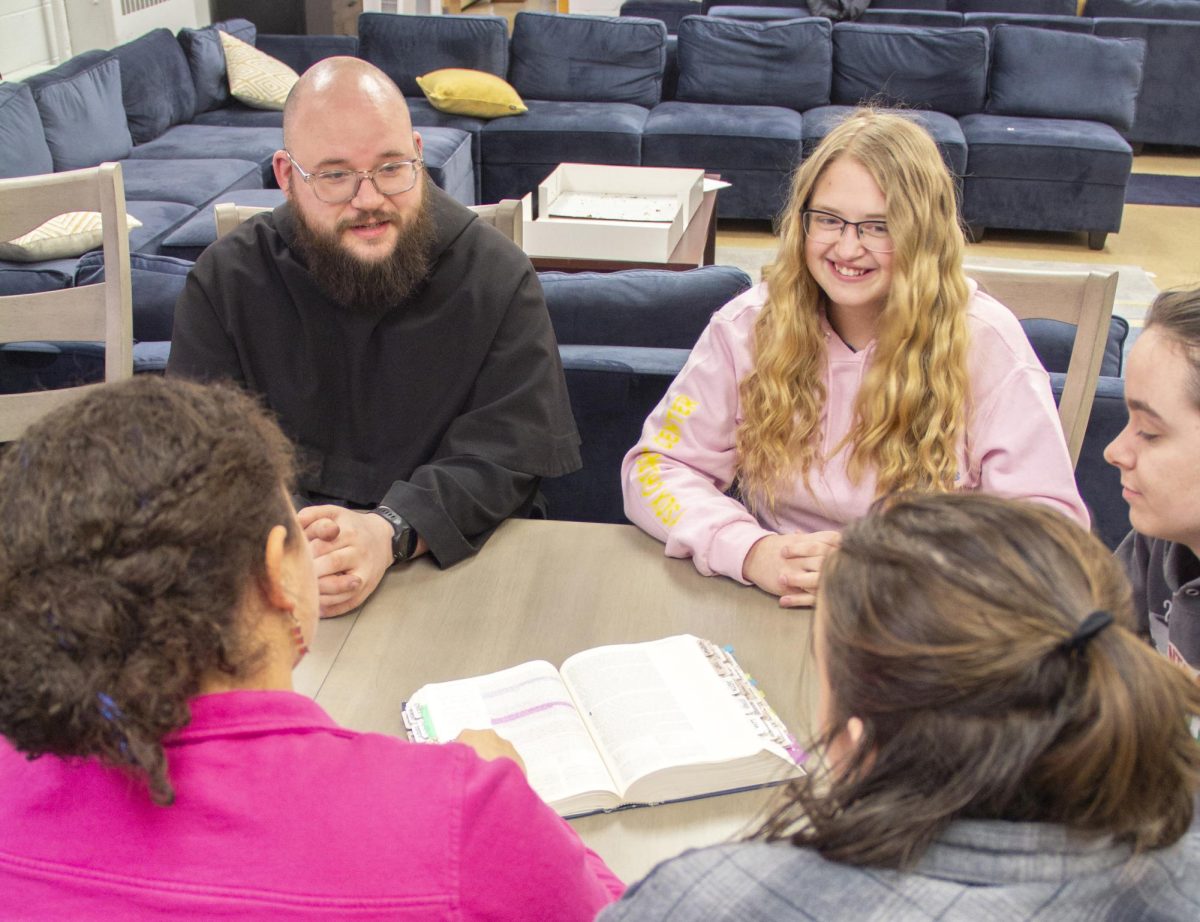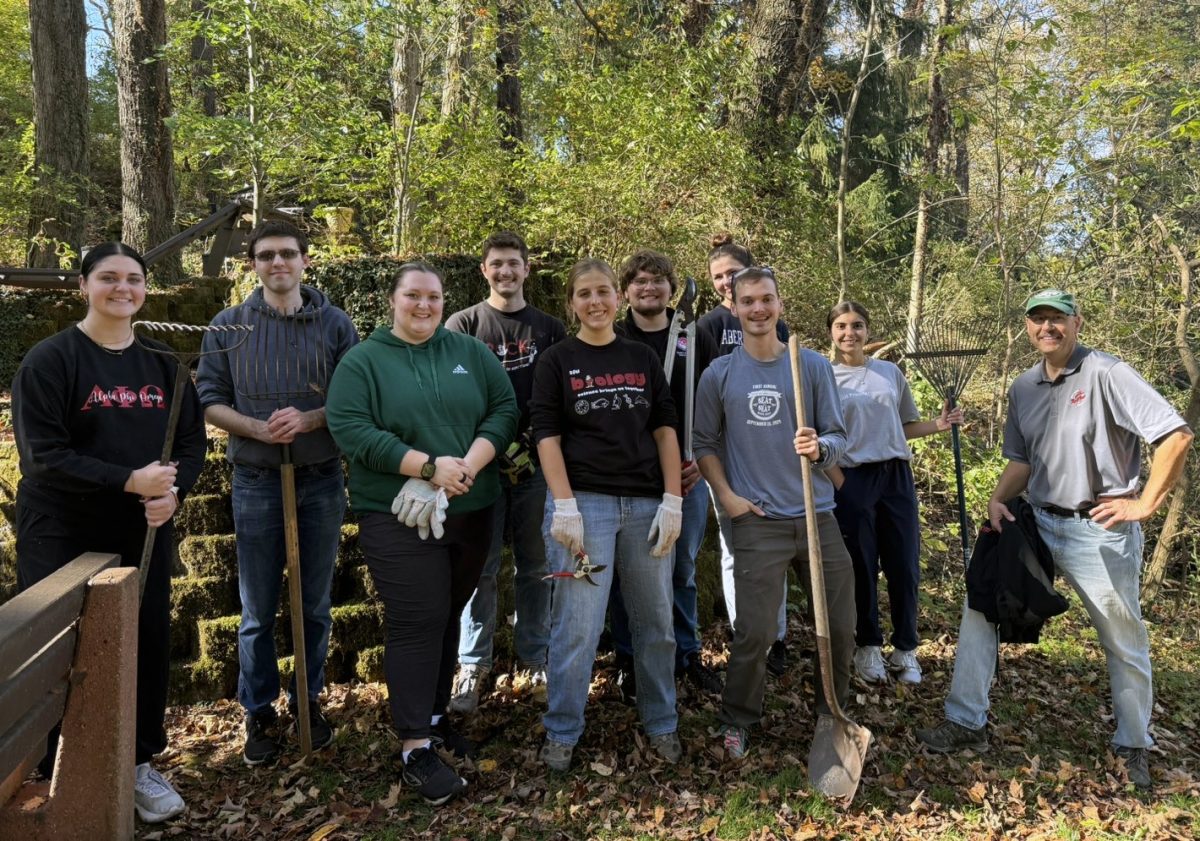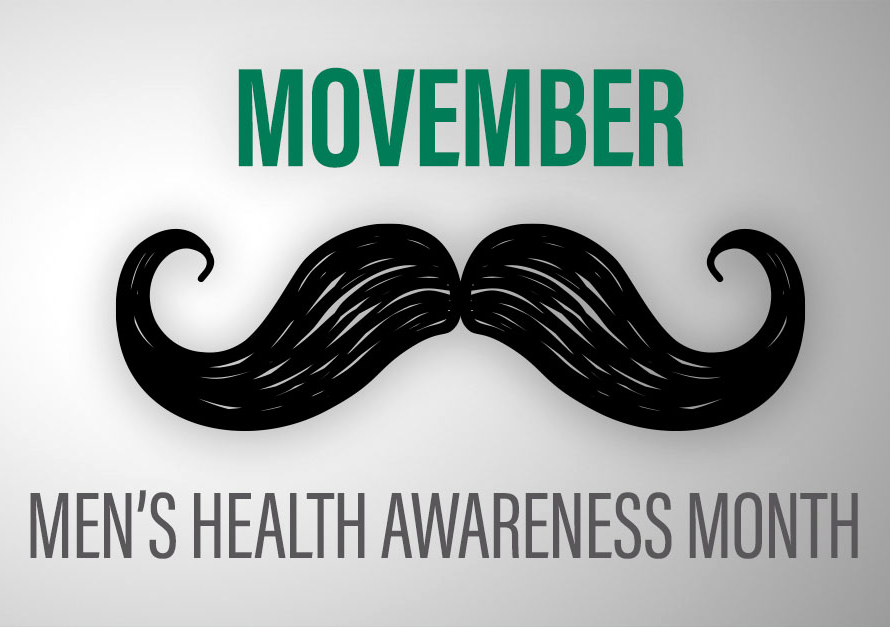Since 1995, SFU’s Rural Outreach Chemistry for Kids (ROCK) Program has been sparking interest in science among K-12 students in the Altoona-Johnstown region and surrounding communities.
The program celebrated its 30th anniversary with a “Celebrating Chemistry Event” on Oct. 25.
What began as a modest initiative by the Chemistry Department in 1995 is today a program that has reached 85,500 student interactions since its inception.
“From the administrative side, ROCK initially was something to do to get SFU in the news,” said Ed Zovinka, Professor of Inorganic Chemistry and founder of the ROCK Program.
“The Chemistry Department wanted to be involved with the community, and they [SFU administrators] told us to do something to get us out into the news, but they didn’t give any guidance or suggestions.
“We had four total chemistry majors [at the time]. From my perspective, being out in the community was a good way to start letting people know what chemistry can do and how you can use it in your life.”
The ROCK Program hosted six events in its first year in 1995.
In the 2023-24 academic year alone, ROCK conducted 311 events, engaging 6,735 students. The program interacts with students within a 90-minute radius of SFU during the semester. It expands its reach during the summer and winter breaks.
Beyond trips to area schools, ROCK also takes science to festivals, museums, county fairs, libraries, cyber-schools and other community events.
The program is built on the concept that students learn best through participation.
“We try to keep it small, hands-on and inexpensive, often using materials you can find at Dollar General,” said Ashley Smith-Diemler, Assistant Professor of Chemistry and the ROCK’s current director.
“If younger students aren’t hands-on and working with me and the ROCK team members, I don’t think they’re getting out of it what they should – it loses a lot of what makes it special.”
The ROCK has plenty of student involvement today, with 14 student volunteers.
That was not always the case. Zovinka said that he was apprehensive about letting students lead events when the program launched 30 years ago.
“At first, I thought I had to do everything,” he said. “The big thing about turning it over to the students was that I had to train them, but the students learn communication, organization, and teamwork skills.
‘Plus the K-through-12 kids like talking to college students way more.”
“As ROCK has grown, other faculty and students got involved,” said Rose Clark, Professor of Analytical Chemistry. “The student director has also been a key component.”
Junior Mason Hogue is serving as the ROCK’s student leader in 2024-25.
Zovinka said that many students have drawn on their ROCK experiences to lead other events and pursue other leadership opportunities. An example is recent SFU Chemistry graduate Sarah Evans, who is currently enrolled in West Virginia University’s School of Osteopathic Medicine.
“There’s an outreach group for women at West Virginia and Sarah is already their first-year leader because she had so much experience from ROCK,” said Smith-Diemler.
Last month’s Celebrating Chemistry event highlighted the success stories of many ROCK alumni who have left Loretto and gone onto successful careers in chemistry and chemistry-related fields.
“The Celebrating Chemistry event is something we host every year, but this year we focused on 30 years of ROCK,” said Zovinka.
“We invited alumnae like Lauren Langman from Montour High School, Grace Onkst from Hollidaysburg and Christine Falger from Altoona, all of whom went into high school teaching after serving in ROCK leadership roles.”
The schedule for the October celebration also included six events for 44 students from Montour, Altoona, Bishop Guilfoyle, Hollidaysburg, Penn Cambria, Clearfield Christian Alliance and Penns Manor high schools.
Thirty years since its launch, ROCK continues to evolve.
“We’re always trying to develop new events,” said Smith-Diemler. “Teachers request different things and we try to accommodate. We just came up with forensics, biopolymers and bath bomb events, which have been really popular.
“We try to keep it fresh so we can meet what the teachers want us to do within their classroom.”
The ROCK Program is funded by grants and donations from local businesses and organizations.
“No one pays to have us come – it’s all grant funded,” Smith-Diemler said. “We get a lot of donations from Pittcon, from other societies in Pittsburgh, as well as some other companies such as First National Bank, First Summit Bank and PNC.
“We’re part of the educational incentive tax credit program through the state, so companies can get tax breaks for donating to us. A lot of companies donate each year and are very generous with their contributions.”
The 2024-25 ROCK team will attend conferences in San Diego and Boston in the spring semester. Hogue and several other SFU students will present experiments and share information about SFU’s continuing chemistry outreach efforts.
“ROCK helps us get SFU’s name out and recognized,” said Clark.
Current ROCK volunteers recognize the importance of both getting SFU’s name on high school students’ radar and sharing information about the chemistry field.
“It’s always a rewarding and enjoyable time giving back and serving the community,” said Toby Cree, a junior Chemistry major and ROCK student volunteer.
“It’s a great feeling being able to make kids smile while learning science.”
